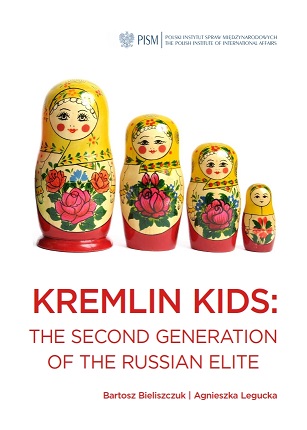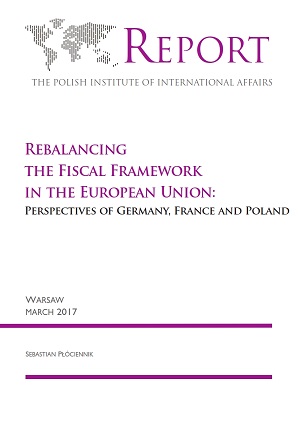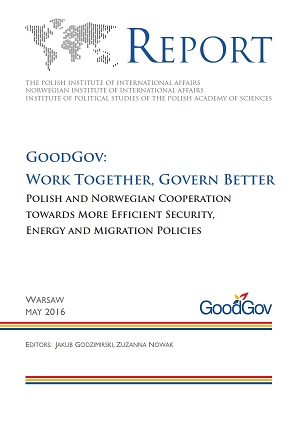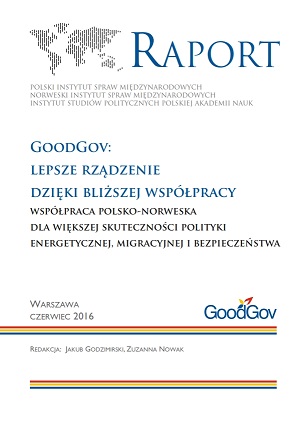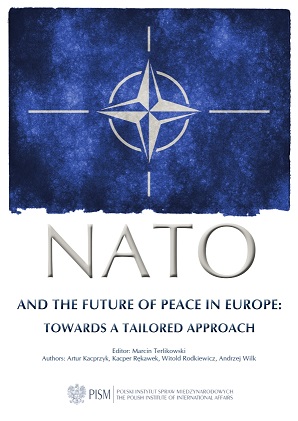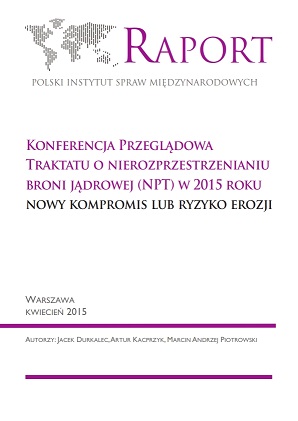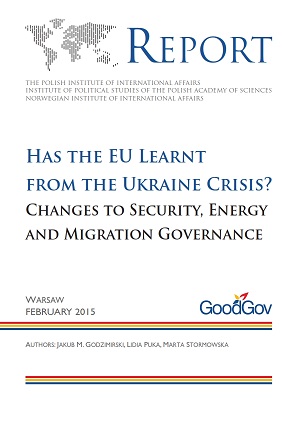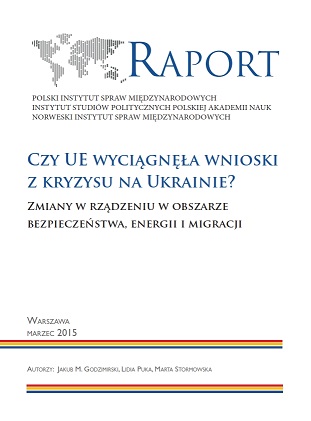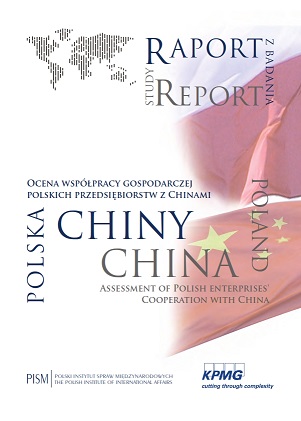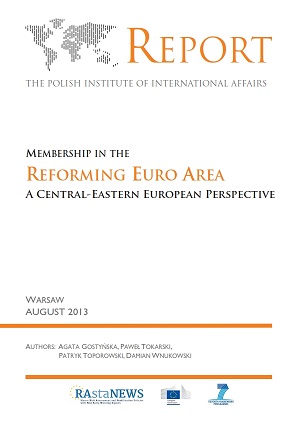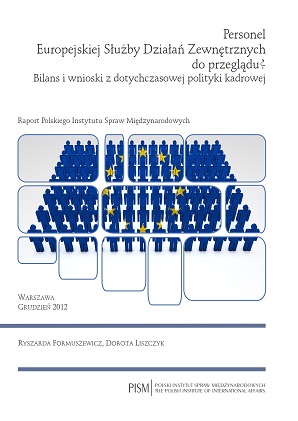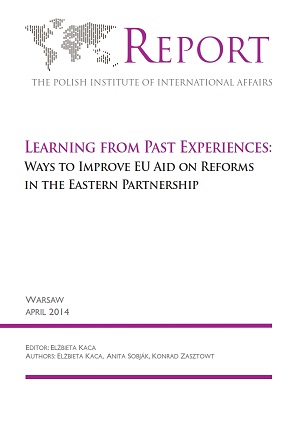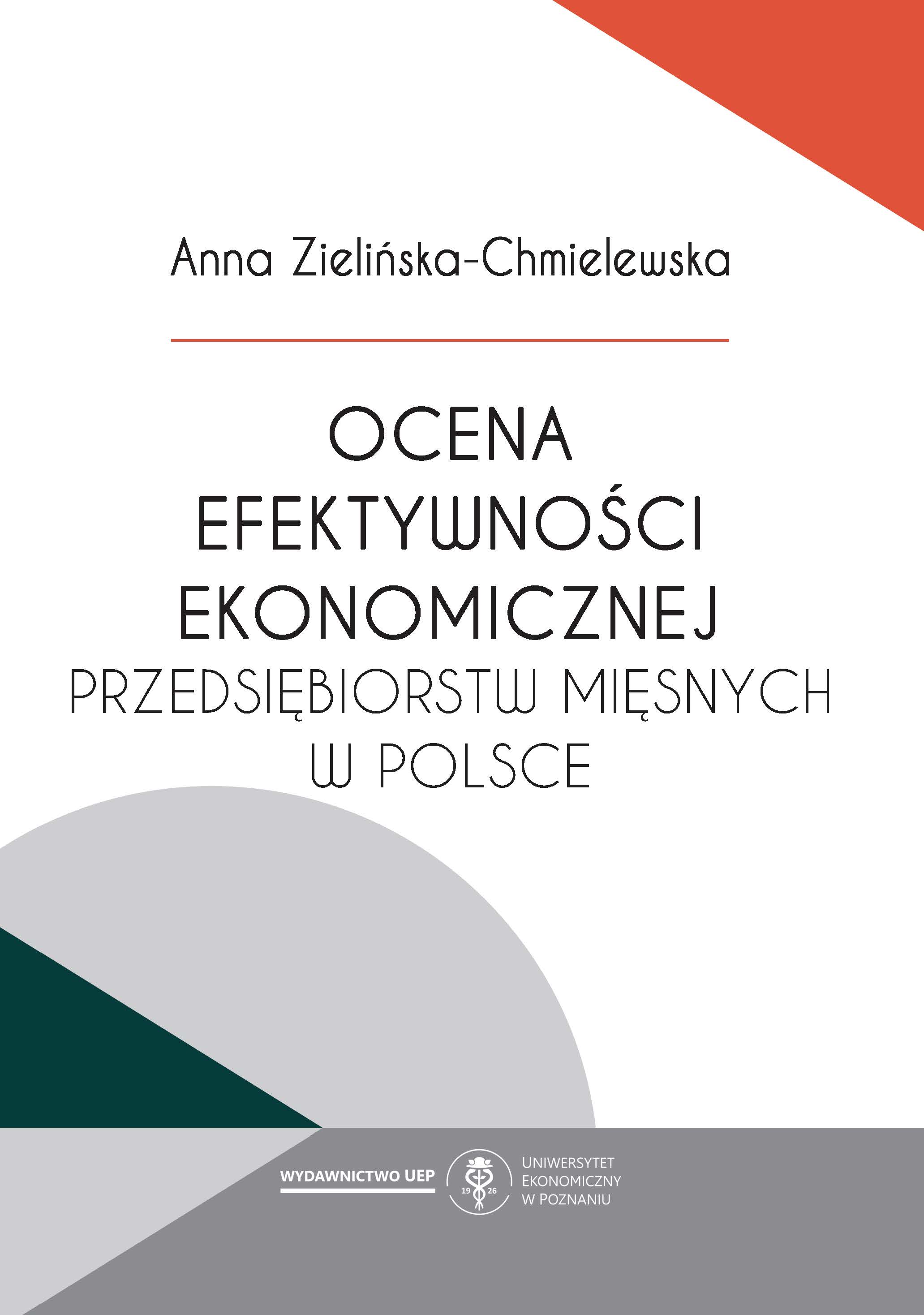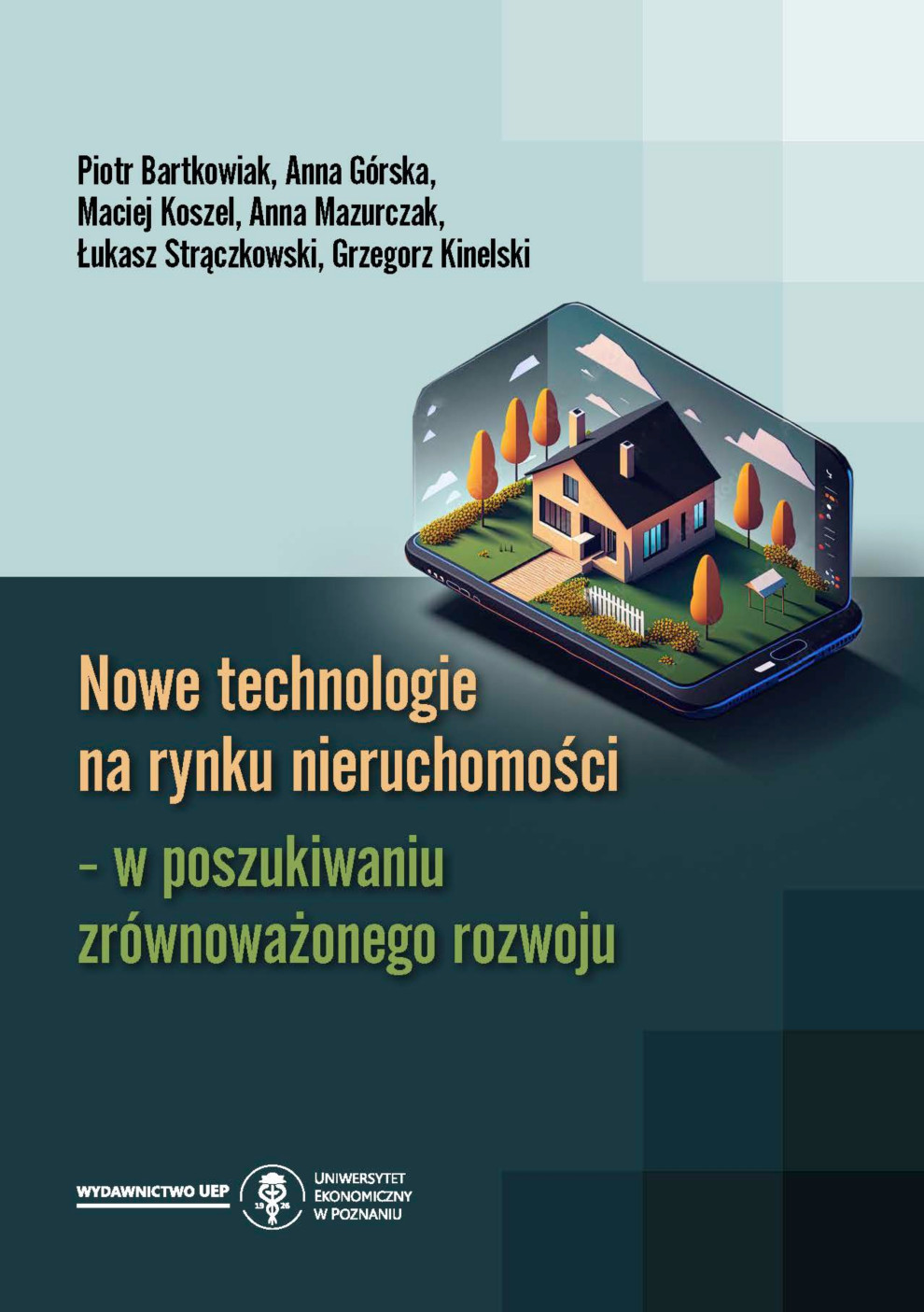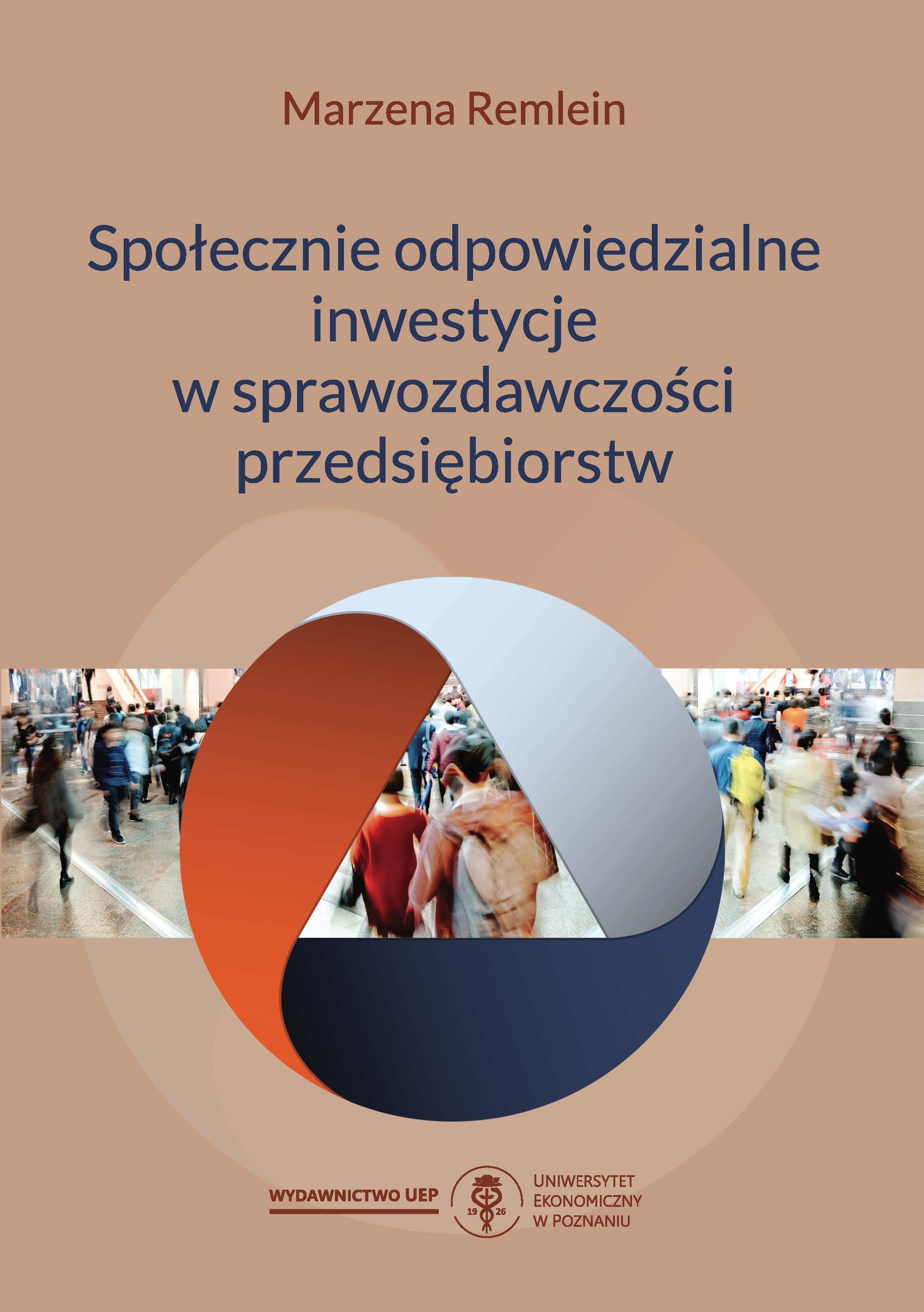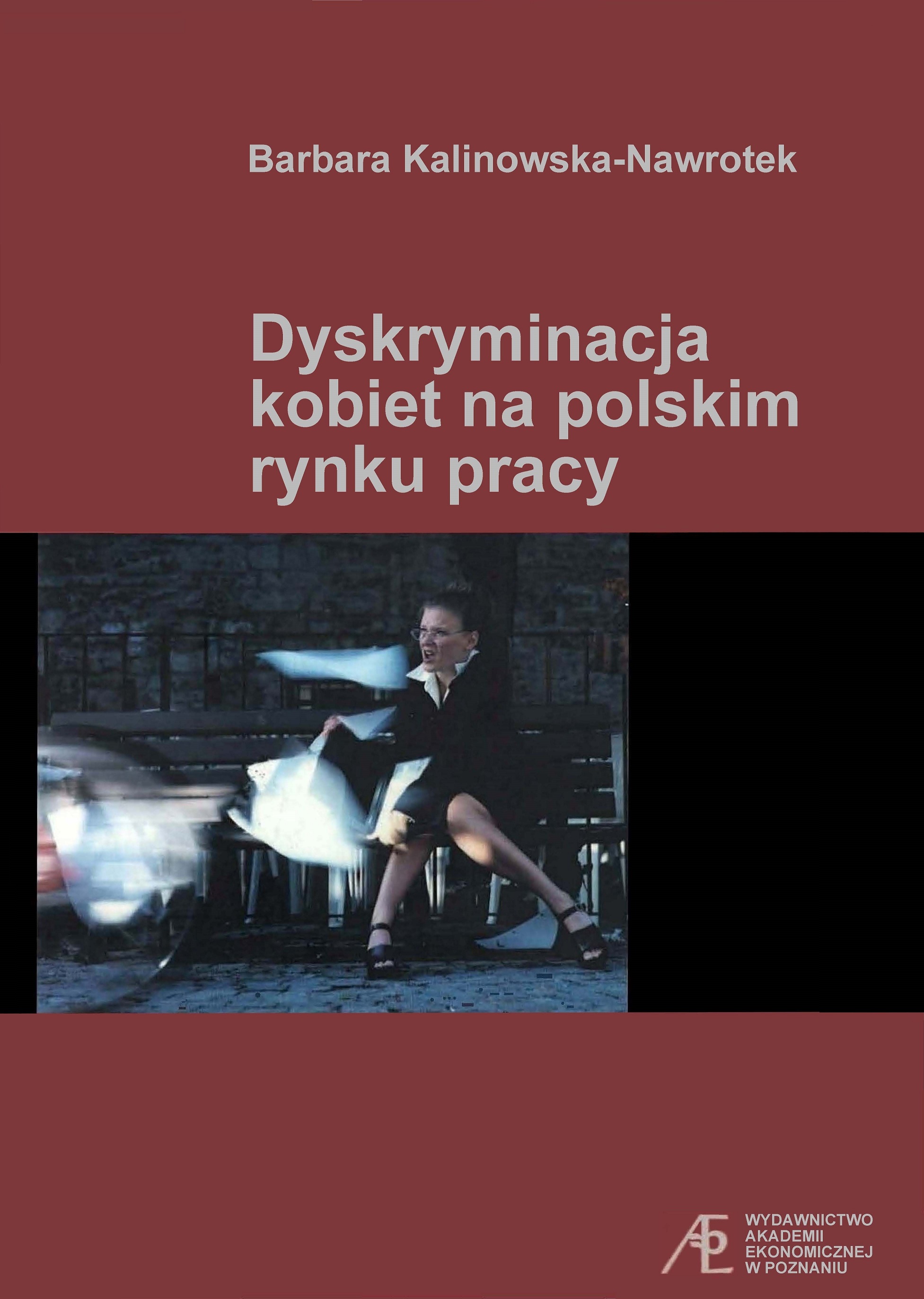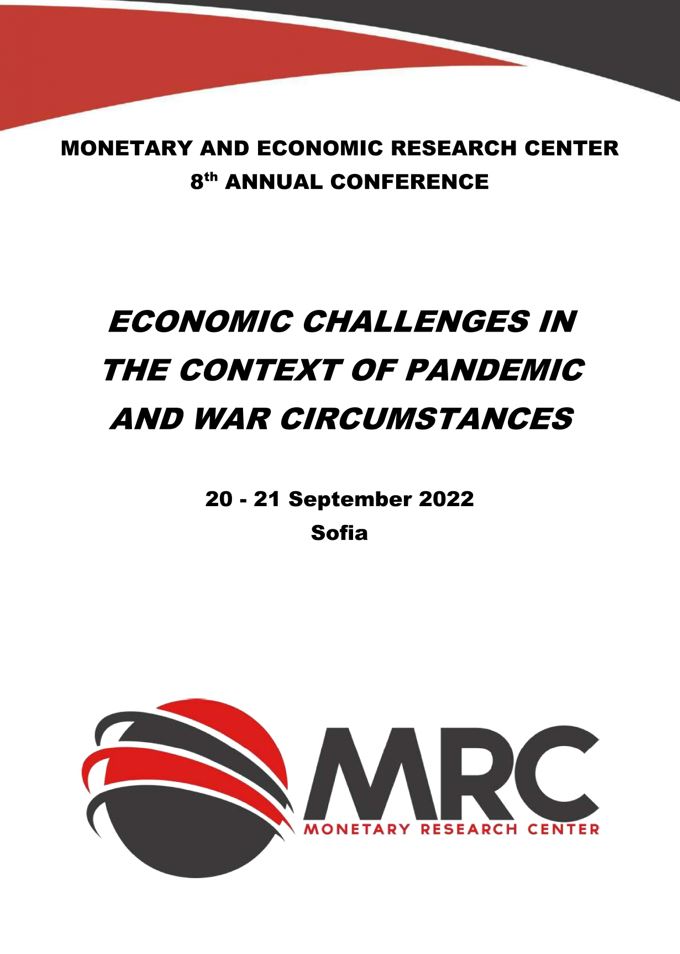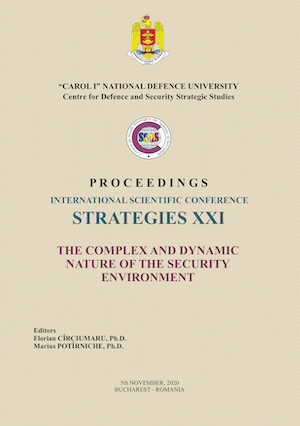Author(s): Elżbieta Kaca,Anita Sobják,Konrad Zasztowt / Language(s): English
The EU aid approach in the Eastern Partnership countries is to financially support concrete reforms: sector budget support operations are most commonly used. The pace of fulfilment of conditions differs much among the partners. This results mainly from the various levels of willingness of the EaP governments to conduct EU-oriented reforms. Therefore, one can distinguish two groups of countries, EU-oriented (Moldova, Georgia) and non-EU-oriented (Armenia, Azerbaijan), where the latter are interested only in selective sector cooperation. The status of Ukraine is still unclear due to the recent political crisis: a pro-EU government is in place but the country will soon face presidential elections and is generally under increasing pressure from Russia. Still, in analysing recent years under the presidency of Viktor Yanukovych, the country was not committed to EU integration in real terms. A comparative picture of budget-support use in five Eastern Partnership countries shows numerous similarities. The initial experiences prove that it helps with legal approximation to EU standards in various sectors. This makes budget support, based on conditions and results, a more efficient tool in guiding some sector reforms than purely advisory instruments. For EUoriented countries, budget support is a suitable tool to guide the reforms needed to follow the association agenda. For non-EU-oriented countries, budget support cannot be an instrument that will encourage the government to start comprehensive reforms, but can be used as partial support in some sector cooperation. In that case, it has a fundamental advantage of obliging the government to work closely with the EU, going to the substance of the reform, and change, at least partially, the situation. In order to make budget support a more effective tool, several challenges common to the EaP countries must be addressed. The biggest problem with this approach appears to be that budget-support operations enhance legislative changes while failing to address the implementation side of reform, that is the government measures and actions aimed at the introduction of relevant policy instruments, procedures, and institutional interactions in order to achieve the planned reform. The reasons for this, besides political unwillingness, are as follows. First, the engagement of relevant ministries in implementation is lower than it could be as the funds are directed to the state budget and not to them directly. Second, the conditions applied to the aid sometimes are not shaped properly (they are too broad, ambitious or numerous). To some extent, this is derived from the limited capacities of national administrations to draft conditions and the inexperience of both sides in their first operations together. The programming period lacks wide consultations with stakeholders, other than the government, to discuss if the selected conditions are the most relevant. In addition, budget support is highly inflexible in terms of changing indicators once the financial agreement is signed, which risks outdated conditions. In some cases, the EU side is mainly to blame, as it avoids calculations of the overall costs of reforms and linking concrete activities with money as it fears the aid it provides would be treated as insufficient by the beneficiary.
More...
